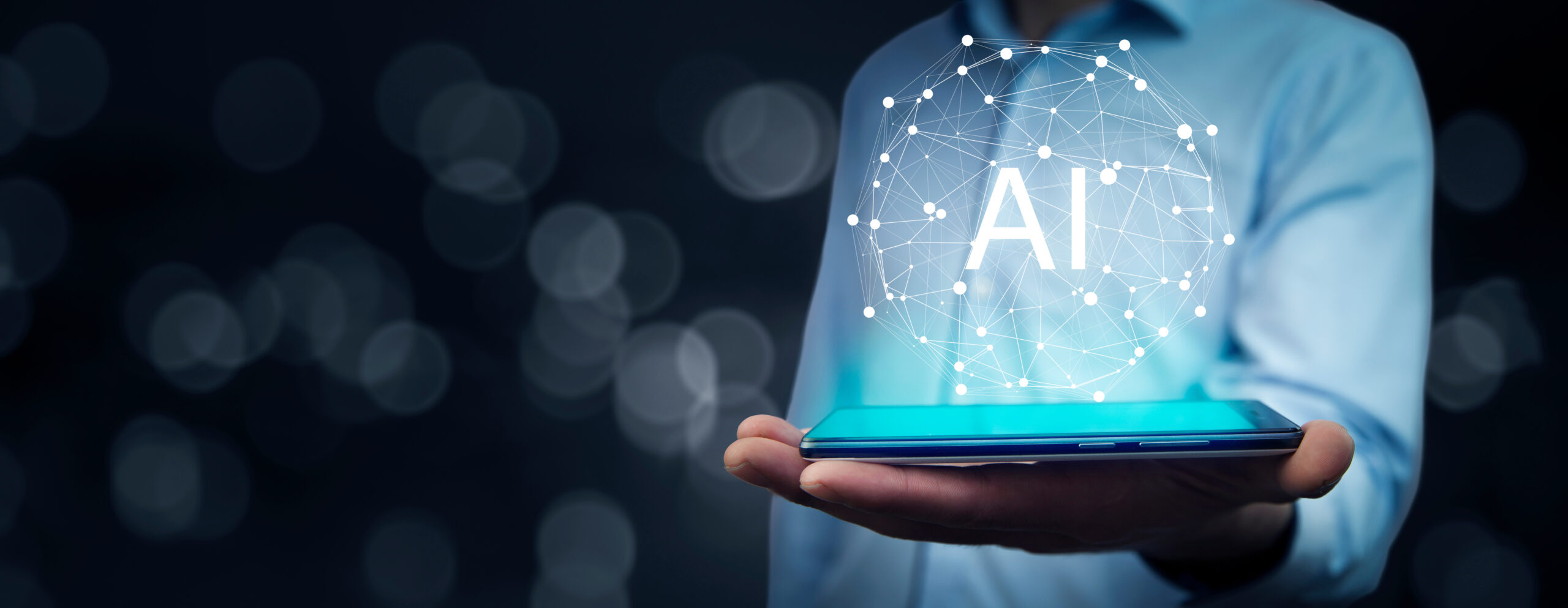
Not necessarily. The impact of AI on human intelligence is a topic of ongoing debate among experts.
Here are some perspectives to consider:
Automation of Routine Tasks: AI can handle repetitive tasks more efficiently, which may free up human cognitive resources for more creative or complex activities. This could potentially enhance overall cognitive abilities rather than make us less smart.
Access to Information: AI-powered systems provide vast amounts of information instantly, potentially reducing the need for humans to memorize facts. However, this does not necessarily imply a decline in intelligence but rather a shift in how we use our cognitive capacities.
Dependency and Cognitive Skills: There is concern that excessive reliance on AI for decision-making or problem-solving could lead to a decline in certain cognitive skills, such as critical thinking or problem-solving abilities. However, this depends largely on how AI tools are integrated into daily life and education.
Education and Adaptation: The integration of AI into education could potentially enhance learning experiences by personalizing education to individual needs and providing real-time feedback. This could support intellectual development rather than hinder it.
Ethical and Social Considerations: Issues such as AI bias, privacy concerns, and the impact of AI on employment also play a role in how AI affects society’s overall cognitive and intellectual development.
AI has the potential to augment human intelligence by improving learning efficiency, expanding access to knowledge, enhancing problem-solving capabilities, facilitating cognitive training and rehabilitation, automating routine tasks, supporting predictive analytics, advancing natural language understanding, and promoting ethical and emotional intelligence development.
The impact of AI on human intelligence is complex and multifaceted. Whether AI makes us “dumber” or not largely depends on how we adapt to and utilize these new technologies in various aspects of our lives.